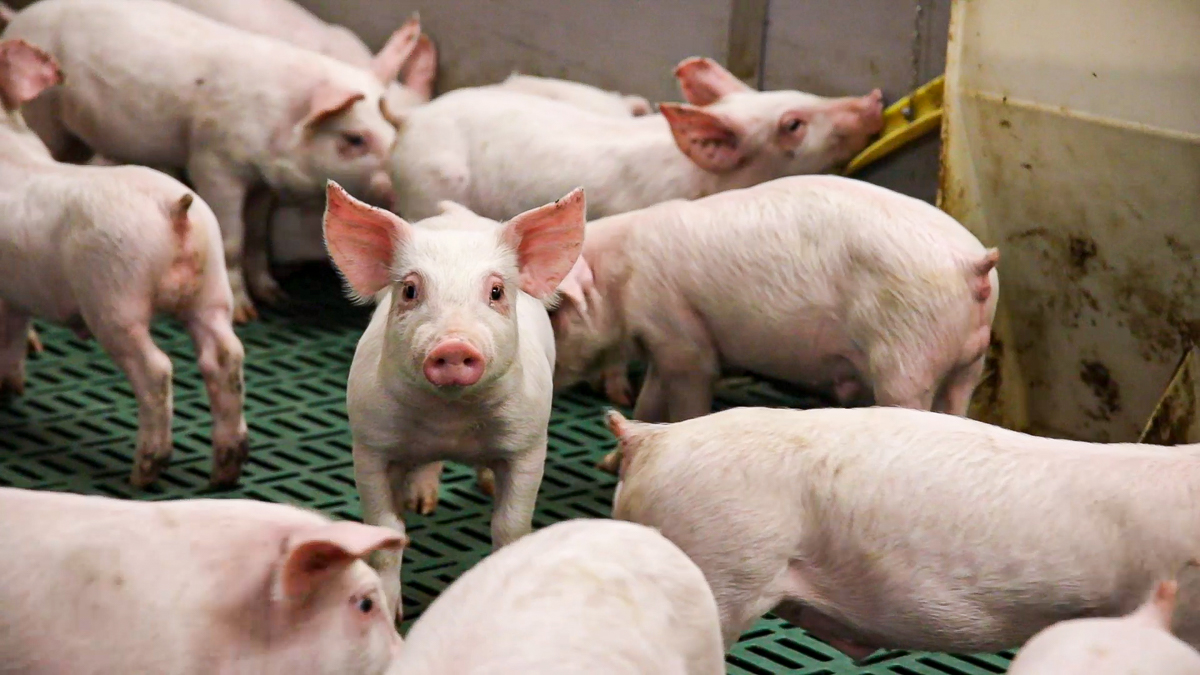There have been 138 inspections of commercial pig farms in Ireland under a European pig-welfare directive, which lays down minimum standards for the protection of pigs.
Minister of State at the Department of Agriculture, Food and the Marine (DAFM), Pippa Hackett provided an update in the Seanad last week, during a Green Party motion on animal welfare.
Part of the motion called on the government to take immediate steps to uphold the provisions of Council Directive 2008/120/EC, laying down minimum standards for the protection of pigs, in particular those provisions relating to the practices of tail-docking and reduction of corner teeth.
The minister said that the DAFM has implemented several specific actions over the past two years to progress full implementation of the pig-welfare directive.
“Since 2020, the DAFM has been running a programme of pig-welfare inspections aimed at identifying the risk factors for tail biting, giving pig farmers the opportunity to address them, and then monitoring progress towards rearing pigs with intact tails,” she said.
This programme is an important step towards compliance with the EU legislation on tail docking.
“To date, 138 commercial pig farms have been inspected and are engaging with the programme,” Minister Hackett said.
She added that this number is likely to increase in the coming months as active participation in the programme is one of the eligibility criteria for farmers availing of the recently announced Pig Exceptional Payment Scheme 2.
A total fund of €13 million is being made available for the voluntary demand-led scheme for pig farmers who commit to meeting certain conditions.
In addition, the DAFM has collaborated with Animal Health Ireland and Teagasc to deliver a free tail-biting risk-assessment tool for pig farmers,” she said.
“This is important as it enables farmers to work with their own veterinary practitioners to deal with the risk factors for tail biting on their farms.
“Since September 2021, the Bord Bia quality assurance scheme for pig producers requires farmers to complete this risk assessment, which has significantly increased engagement and uptake.”
In April this year, the DAFM also launched a new targeted agricultural modernisation scheme for pig farmers.
The scheme offers farmers 40% co-funding up to the maximum investment ceiling of €200,000 towards new infrastructure for pig housing.
“The specifications of this scheme are designed to deal with the main risk factors for tail biting, and my officials are confident that future housing constructed in line with this specification will enable pigs to be reared in Ireland without any need for tail docking.”
